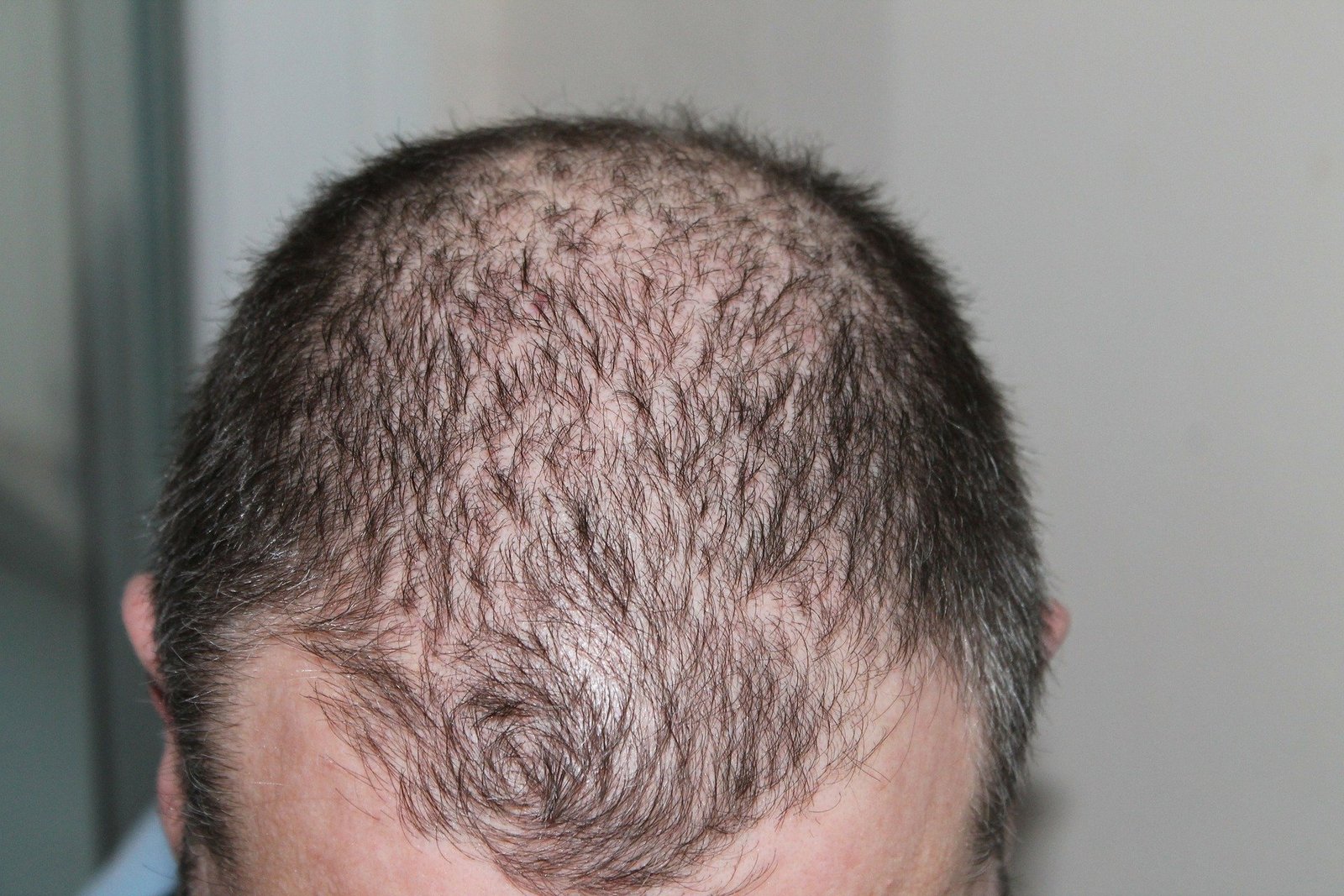An outbreak of Candida auris (C.auris), a deadly fungal infection that’s on the rise in the U.S., is reported for the first time in Washington state, officials said.
Candida auris can cause severe illness in humans, which spreads easily among patients admitted to healthcare facilities. The infection typically appears in the bloodstream or open wounds or ears and exhibits resistance to antifungal treatments.
The cases of Candida auris have been surging in the U.S. every year since 2016.
In Washington state, four people have tested positive for the infection since the beginning of the month. All cases originated from Kindred Hospital Seattle First Hill. The first case was discovered during a regular proactive screening program on January 10, involving a recently admitted patient, as part of an initiative to identify infections before symptoms manifest. The rest of the patients were identified through additional screening.

“This is the first known outbreak of C. auris in Washington state. Public Health continues to work together with Kindred to help limit the spread. This includes keeping patients who test positive for C. auris away from other patients to reduce the spread risk and using specific disinfecting cleaning products that are effective for C. auris. Kindred is also notifying facilities that received patients who were previously at Kindred and will notify facilities that may receive any patient who screens positive for C. auris,” Seattle and King County officials said in a news release.
The officials have not yet identified the initial source of the infection while the investigation is ongoing. Identifying the source of infection for Candida auris can pose challenges, similar to many cases involving multi-drug resistant organisms.
Know signs of Candida auris:
The signs of infection symptoms vary depending on the severity and the specific body location affected. Some common symptoms include fever, chills, low blood pressure, high heart rate, fatigue, pain or pressure in the ears.
The symptoms may go unnoticed when the patients are already sick with other serious infections. In some cases, the yeast “colonizes” the skin and other body parts, and the patients may transmit the infection, even with no symptoms.
Risk Factors:
Although Candida auris is not a threat to healthy people, those with severe underlying medical conditions that require medical procedures, including the use of invasive medical devices like breathing tubes, feeding tubes, catheters in a vein, or urinary catheters are at an increased risk.
Treatment:
While Candida auris is resistant to commonly used antifungal medications, most cases can be treated with a class of antifungal drugs known as echinocandins. However, certain strains of C. auris have resistance to all three primary classes of antifungal medicines. In such cases, a combination of multiple antifungal drugs or newer antifungals may be used for treatment.
Those patients who do not have symptoms but are colonized with C. auris should not undergo antifungal treatment as there is no evidence to support the notion that such treatment could prevent the infection.










